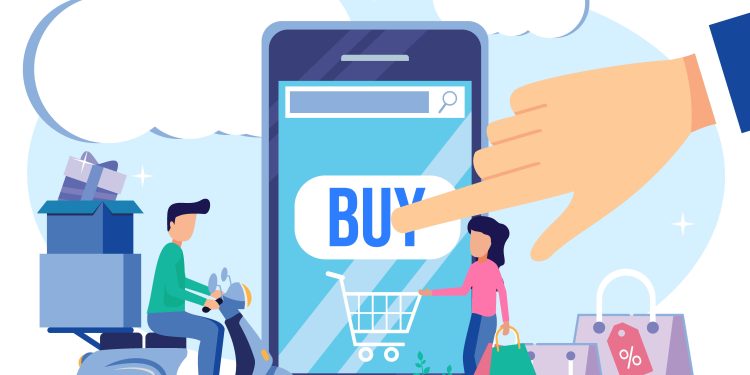Klarna, a prominent player in the buy now, pay later (BNPL) space, has been targeting young shoppers through innovative marketing strategies, including a recent partnership with celebrity Paris Hilton. However, behind the glossy facade lies a growing concern about the long-term consequences of this financial phenomenon.
Klarna is known for its vibrant social media marketing—and the recent addition of a discovery feed, reminiscent of TikTok—is at the forefront of this trend. The company has also garnered attention by collaborating with Paris Hilton, utilizing her celebrity status and shopping prowess to attract Millennials and Gen Z consumers.
While BNPL services may seem like an appealing solution to immediate financial strain, it’s crucial to recognize the potential risks they pose. The partnership with Hilton—while entertaining and lighthearted—could inadvertently downplay the seriousness of borrowing, further entrenching individuals in debt.
The discovery feed, which Klarna introduced last month, aims to personalize the shopping experience for consumers. In many ways, it positions the company from being downstream of choice (just a way to pay), and repositioning it as a driver of product choice.
This fits the trend of fintech companies branching into different industries, including tech, finance, and ecommerce. According to Ben Danner, Senior Analyst of Credit and Commerce at Javelin Strategy & Research, this “seems to be the typical progression of BNPL vendors.”
“As stated in Forbes, we need to think of Klarna as a commerce enablement company as they move to create a platform in addition to their credit financing product,” Danner said.
As the fintech landscape evolves, striking a delicate balance between convenience and financial responsibility will determine the sustainability and success of these innovative payment models. It’s crucial for consumers, businesses, and regulators to exercise caution and ensure that the pursuit of immediate gratification does not lead to long-term financial hardships.









